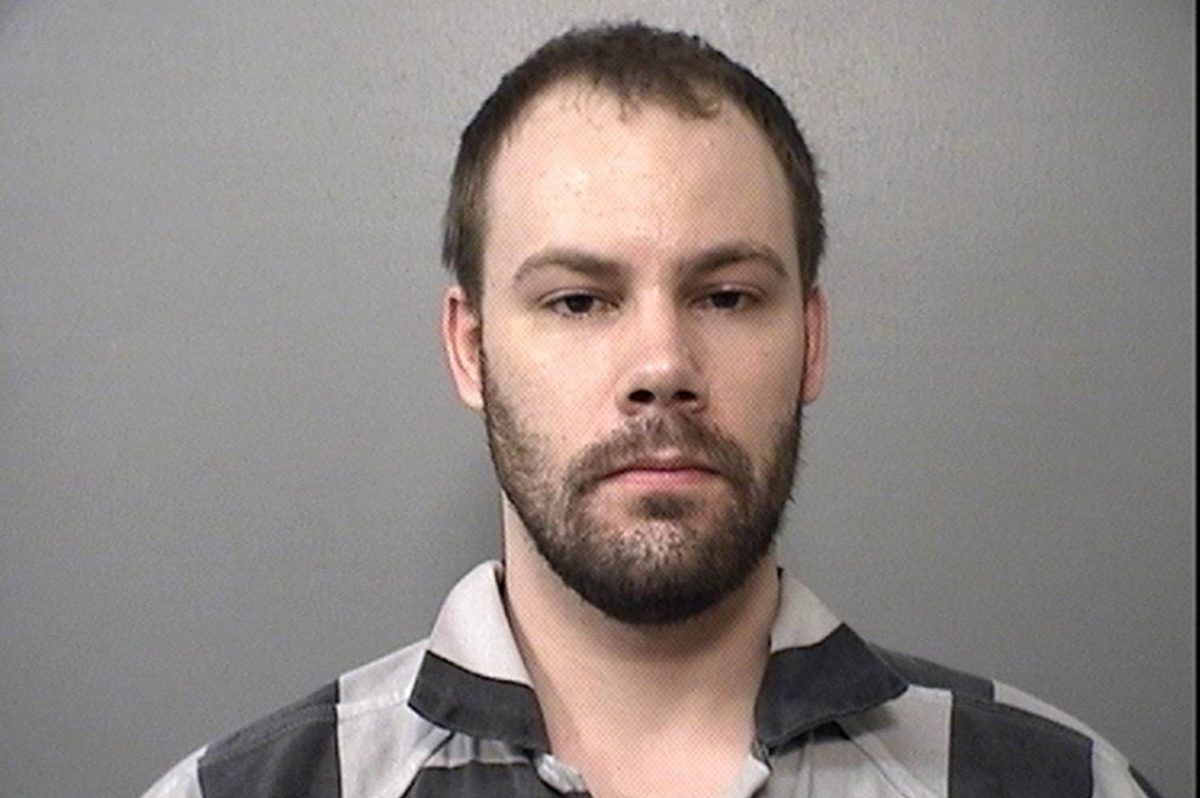Christensen attorneys reveal more details on Zhang’s kidnapping
Photo courtesy of University of Illinois Police Department
Photo of Brendt Christensen, alleged kidnapper and killer of visiting Chinese scholar Yingying Zhang. Recent court documents revealed Christensen visited the University Counseling Center three months before Zhang’s disappearance.
Apr 16, 2019
Brendt Christensen, alleged kidnapper and killer of visiting Chinese scholar Yingying Zhang, visited the Counseling Center three months prior to Zhang’s kidnapping, according to court documents.
Christensen told counselors he was having suicidal and homicidal thoughts in March 2017. He was abusing alcohol and prescription drugs that were prescribed to him to help with depression and sleep issues.
A rating scale was used to view Christensen’s state of mind when he visited the Counseling Center on March 21, 2017. Of the following symptoms, he recorded a four, the highest severity rating possible:
“I lose touch with reality.”
“I feel helpless.”
Get The Daily Illini in your inbox!
“I feel disconnected from myself.”
“I feel isolated and alone.”
“I have spells of terror or panic.”
“I experience nightmares or flashbacks.”
“I get sad or angry when I think of my family.”
“I wish my family got along better.”
Christensen discussed several subjects with an intern at the Counseling Center, including his antidepressant and sleep medication drug abuse and his wife leaving him.
He told the intern he felt like he couldn’t go on without his wife, and she was his only real friend because she was all he needed.
Christensen was also upset his plans to pursue a doctorate fell through. He described feeling like a failure for the first time, which led to his interest in serial killers and thoughts on committing murder.
The intern later requested a consultation with someone else.
Christensen’s attorneys want Susan Zoline, a licensed clinical psychologist, to testify and say the University could have done more by providing Christensen with better follow-up care and to allow jurors to consider what he was going through; however, prosecutors do not want this because the Counseling Center can’t be held liable.
“A juror could easily reason that the problems presented by the failures of the (Counseling Center) to provide adequate services, referrals and follow-up will not be repeated in a prison setting where services are presumably available, and Mr. Christensen will be monitored on a daily basis,” according to the court documents.
Robin Kaler, spokeswoman for the University, did not comment on the care Christensen received but defended the Counseling Center.
“State and federal health and privacy prevent us from commenting on the treatment given to any individual student,” Kaler said. “However, we are confident in the treatment and services the staff of our Counseling Center provide to the students who come to them. Our staff is trained to provide care and services that are consistent with the best practices in mental health care nationally.”






